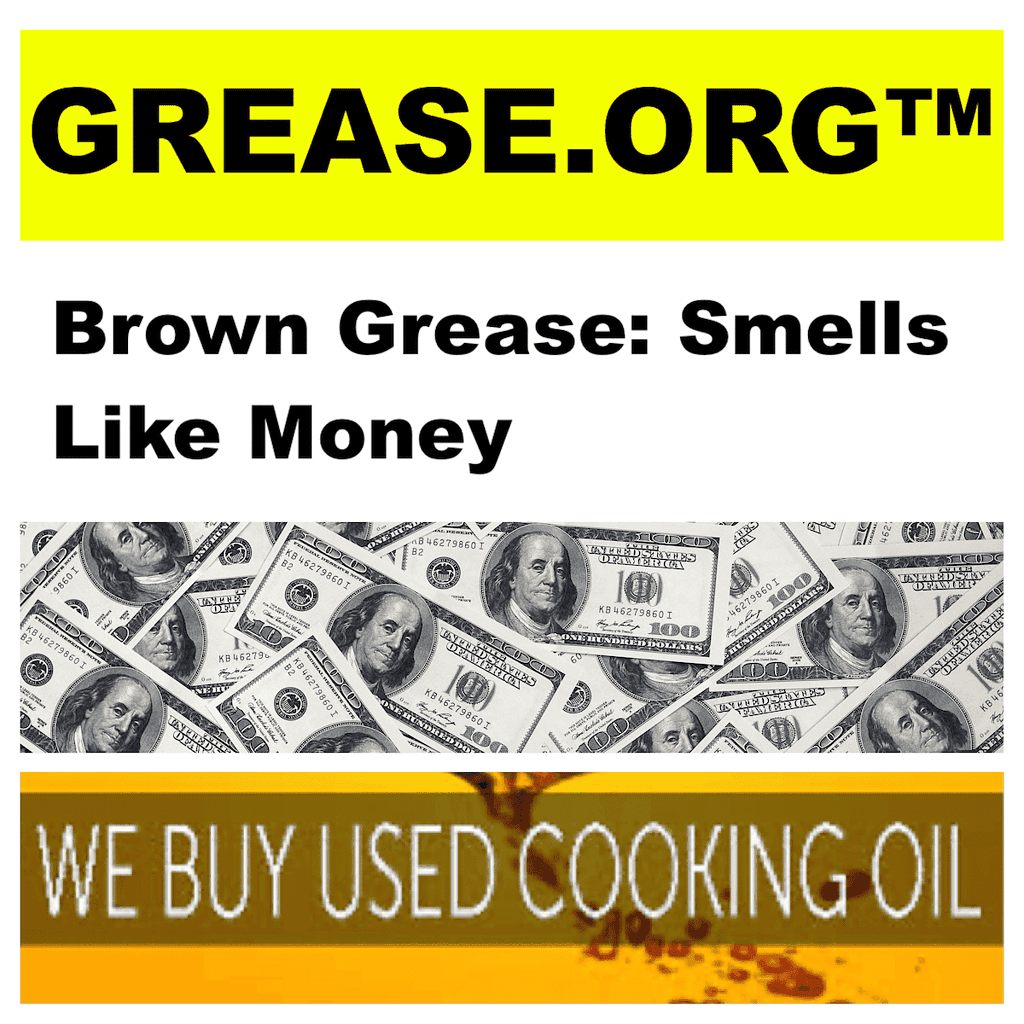Introduction
Starting a business in any industry requires careful planning, a clear strategy, and a thorough understanding of the market. When it comes to the grease industry, these aspects become even more pertinent due to the specialized nature of the products and the technical knowledge required. This article will provide an in-depth examination of the essential elements needed to establish a successful grease startup. By exploring market research, product development, regulatory compliance, and marketing strategies, entrepreneurs can better navigate the complexities of this unique sector.
Understanding the Market
The first step in launching a grease startup involves understanding the market landscape. Grease is a crucial lubrication product used in various industries such as automotive, manufacturing, and food processing. Therefore, identifying the specific niche you intend to serve is critical.
Conducting comprehensive market research will help you gauge the demand for different types of grease products, understand the competitive landscape, and identify potential customers. Utilize industry reports, market surveys, and competitor analysis to gather pertinent data. This information will serve as the foundation for your business strategy, guiding decisions related to product development, pricing, and distribution.
Product Development
Once you have a clear understanding of the market, the next step is product development. Grease is a specialized product requiring a precise mix of base oils, thickeners, and additives to achieve the desired properties. Partnering with experienced chemists or lubrication engineers can facilitate the development of high-quality products tailored to your target market’s needs.
Innovation is key in product development. By offering unique formulations or environmentally friendly alternatives, you can differentiate your brand from competitors. For instance, biodegradable grease options are becoming increasingly popular in industries aiming for sustainable practices. Rapid Prototyping and iterative testing will also ensure that your products meet performance expectations and industry standards.
Regulatory Compliance
Regulatory compliance is a crucial aspect of running a grease startup. The grease manufacturing process involves handling hazardous materials, so adherence to local, national, and international regulations is mandatory. Regulations may vary depending on your geographic location and the specific industries you serve.
Common regulatory requirements include proper labeling, safety data sheets (SDS), and quality certifications. Registering your products with relevant authorities and testing them for compliance with industry standards, such as ISO or ASTM, is essential. Staying informed about regulatory updates and implementing a compliance management system can mitigate risks and ensure smooth operations.
Establishing Supply Chains
An efficient and reliable supply chain is vital to the success of your grease startup. Sourcing high-quality raw materials, such as base oils and additives, at competitive prices will enable you to produce cost-effective and superior products. Building strong relationships with reputable suppliers can ensure a consistent supply of ingredients and minimize disruptions.
Additionally, having a robust logistics plan for storing and distributing your products is essential. Contracting with reliable transportation partners and choosing strategically located warehouses can reduce lead times and enhance customer satisfaction. As your business expands, regularly reassessing and optimizing your supply chain processes will help you maintain operational efficiency and control costs.
Marketing and Sales Strategies
To establish a successful grease startup, effective marketing and sales strategies are indispensable. Start by creating a strong brand identity that communicates the unique value proposition of your products. A well-designed logo, website, and marketing collateral will enhance your brand’s visibility and credibility.
Digital marketing techniques, such as search engine optimization (SEO), content marketing, and social media advertising, can significantly increase your online presence and attract potential customers. Trade shows, industry conferences, and professional networks provide opportunities for networking and direct sales.
Additionally, establishing a strong sales team with industry knowledge and excellent customer service skills will drive revenue growth. Investing in customer relationship management (CRM) software can help you track sales leads, manage client interactions, and analyze sales performance. Offering training programs and incentives can motivate your sales team and improve their effectiveness.
Financial Planning and Funding
Sound financial planning and securing adequate funding are critical components of a successful grease startup. Start by developing a comprehensive business plan that outlines your financial projections, funding requirements, and revenue model. This document will be instrumental in attracting investors and securing loans.
Exploring various funding options, such as venture capital, angel investors, bank loans, and government grants, will help you obtain the necessary capital to launch and grow your business. It is also important to establish robust financial management practices, such as bookkeeping, budgeting, and financial reporting, to ensure transparency and sustainability.
Monitoring key financial metrics, such as cash flow, profit margins, and return on investment (ROI), will provide insights into your company’s financial health and help you make informed decisions. Regular financial reviews and audits will ensure compliance with tax regulations and build investor confidence.
Conclusion
Starting a grease business is a multifaceted endeavor that requires meticulous planning, in-depth industry knowledge, and strategic execution. By conducting thorough market research, developing innovative products, adhering to regulatory requirements, and implementing effective marketing and sales strategies, you can establish a strong foundation for your grease startup. Additionally, fostering reliable supply chains and practicing sound financial management will ensure operational efficiency and long-term sustainability. Armed with these insights, aspiring entrepreneurs can successfully navigate the complexities of the grease industry and build a thriving business.




